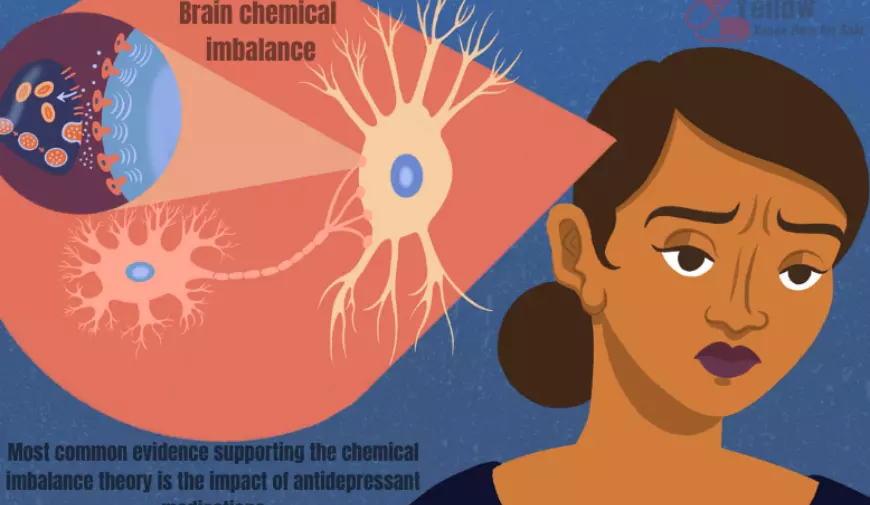
Chemical imbalance in brain depression causes
Brain Chemical Imbalance
The building up of excessive or insufficient neurotransmitters in the brain may cause a chemical imbalance. Neurotransmitters are chemical messengers that pass information from one nerve cell to another. Neurotransmitters examples include dopamine, serotonin, and norepinephrine. Sometimes, people call serotonin and dopamine the “happy hormones” due to their roles in regulating moods and emotions.
It is a common belief that mental health conditions, such as anxiety and depression, develop because of chemical imbalances in the brain. There are chances that this hypothesis may hold some truth, but it also runs the risk of oversimplifying mental illnesses. Mental health disorders and mood conditions are highly complex issues that affect 46.6 million adults in the United States.
Brain chemical imbalance symptoms
Due to the reversal of depressive symptoms with the help of serotonin reuptake inhibitors (SSRIs), monoamine oxidase inhibitors (MAOIs), and tricyclic antidepressants (TCAs), there is an increase in the concentration of specific neurotransmitters (norepinephrine, dopamine, and serotonin). According to the hypothesis by researchers, insufficient levels of particular neurotransmitters could result in the following symptoms:
- feelings of helplessness, sadness, emptiness, or worthlessness
- insomnia or excessive sleepiness, restlessness, irritability
- overeating or loss of appetite, lack of energy
- a sense of impending doom or danger
What causes brain chemical imbalance?
The brain chemical hypothesis suggests that depression results from changes in the levels of neurotransmitters in the brain. The most common evidence supporting the chemical imbalance theory is the impact of antidepressant medications.
Antidepressants work by increasing other neurotransmitters and serotonin levels in the brain. Large-scale analysis observed that these drugs effectively treat depression symptoms compared with placebo. However, they improve a person’s symptoms, which does not mean that they occur from a chemical deficiency.
Millions of chemical reactions take place in the brain, and the number of such reactions occurring at any one time makes it challenging to determine if an individual is experiencing a singular brain chemical imbalance. For example, there is a time lag when patients take SSRIs and reverse symptoms. It suggests that some different unknown downstream processes could be mediating the antidepressant effect.
Brain chemical imbalance treatment
Several medicines function by changing the levels of the chemicals in the brain by blocking reabsorption. This blocking of specific neurotransmitters increments the class available for the nerves to use. And it will activate your nerve receptors for a longer duration.
Medications can help alter the level of dopamine, serotonin, and norepinephrine (also known as noradrenaline). Some medicines work on a combination of two or more chemicals. Examples of these drugs include:
Selective Serotonin reuptake inhibitors (SSRIs): They work by blocking the reabsorption of serotonin. Examples are paroxetine (Paxil), fluoxetine (Prozac), and citalopram (Celexa).
Serotonin-norepinephrine reuptake inhibitors (SNRIs): They work by blocking brain reabsorption of both serotonin and norepinephrine, resulting in increased levels of both chemicals in the brain. Examples are venlafaxine (Effexor XR) and duloxetine (Cymbalta).
Tricyclic antidepressants (TCAs): They block the reabsorption of serotonin and noradrenaline. Examples include nortriptyline (Pamelor) and imipramine (Tofranil).
Norepinephrine-dopamine reuptake inhibitors (NDRIs): They block the reabsorption of both neurotransmitters norepinephrine and dopamine. It includes bupropion (Wellbutrin).
Monoamine oxidase inhibitors (MAOIs): They block the reabsorption of serotonin, norepinephrine, and dopamine. Examples are isocarboxazid (Marplan) and phenelzine (Nardil). MAOIs are not as popular as other forms of antidepressants.
Psychotherapy
To get better soon and treat mental health conditions faster, you should try talk therapy techniques together with medications. Psychotherapy (talk therapy) may help convert your thoughts and behavioral patterns into healthier ones. Examples of some practical measures are psychodynamic therapy and behavioral therapy.
During the talk therapy sessions, you need to work with a psychiatrist or mental health professional to use effective techniques that help you manage your mental health condition or prevent it from returning once you feel better.
How to prevent brain chemical imbalance?
Maintaining a balance in the brain’s chemicals and hormones is the key to experiencing a balanced mood. To prevent brain chemical imbalance, you need to keep your health to some extent through little stress, a balanced diet, and exercise.
Some natural ways to maintain dopamine levels and prevent brain chemical imbalance are:
- Exercise regularly
- Eat lots of protein and velvet beans
- Eat less saturated fats
- Consume probiotics
- get enough sleep and rest often
- listen to music, and meditate
Brain chemical imbalance myth
The most popular myth is that brain chemical imbalances are solely responsible for mental health conditions. Chemical imbalances seem to be associated with mood and mental health conditions, but researchers have found no evidence that supports the hypothesis that chemical imbalances are the primary cause of these conditions.
Other reasons that contribute to mental conditions include:
- life experiences, such as a history of psychological, physical, or emotional abuse
- genetics and family history
- taking specific medications
- having a history of substance use disorder such as alcoholism or illicit drug use
- psychological factors, including external circumstances that result in feelings of isolation and loneliness
While some reports have identified links between brain chemical imbalances and specific mental health conditions, researchers are still not aware of how people develop chemical imbalances in the first place.
Current biological testing cannot accurately verify a mental health condition. Therefore, health experts do not diagnose these disorders by testing for brain chemical imbalances. Instead, the medical healthcare providers make a diagnosis depending on an individual’s symptoms and the findings of a physical examination.

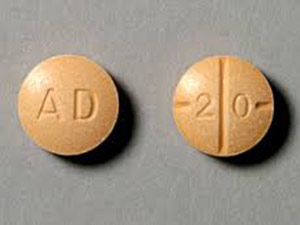
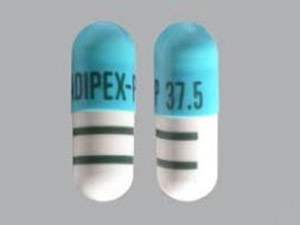
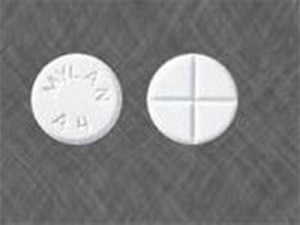
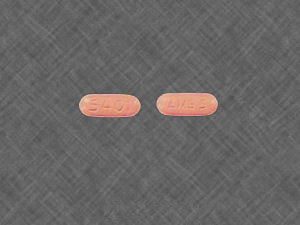
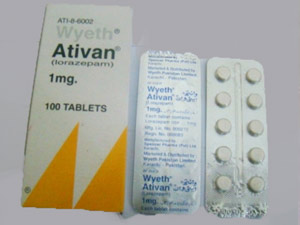
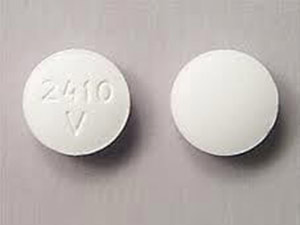
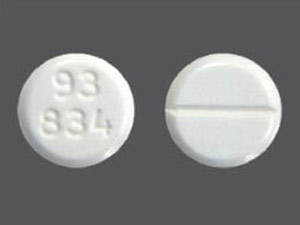
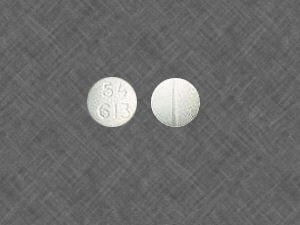
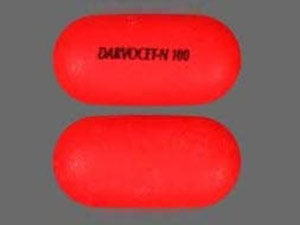
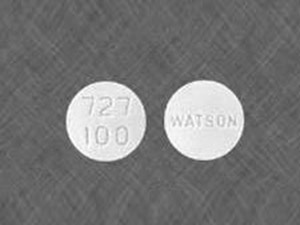
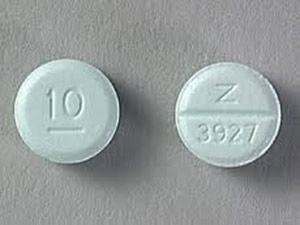
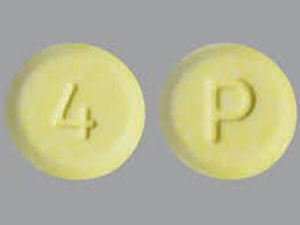
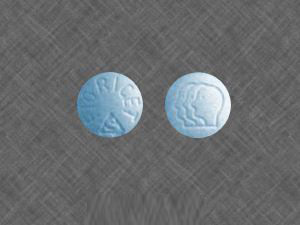
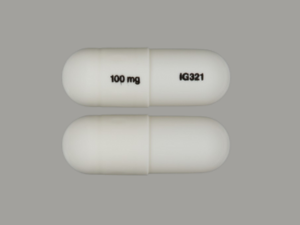
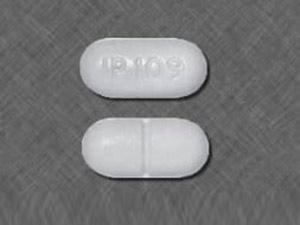
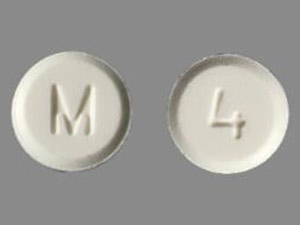
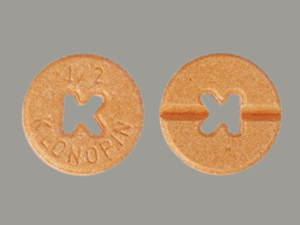
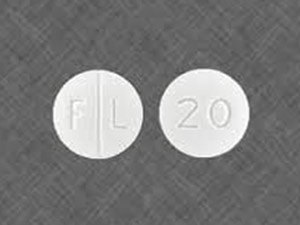
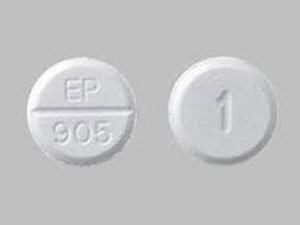
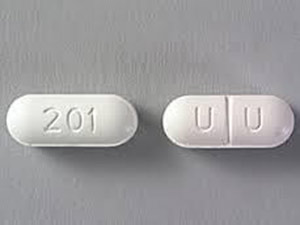
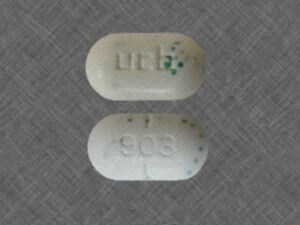
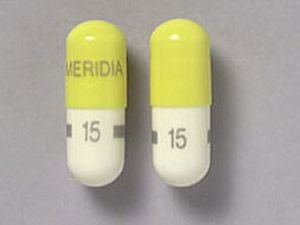
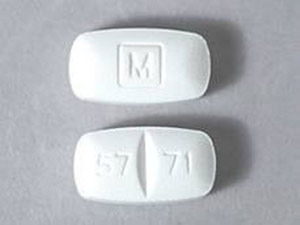
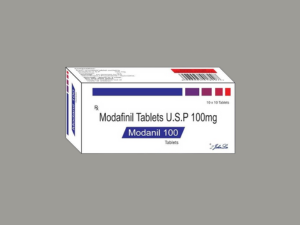
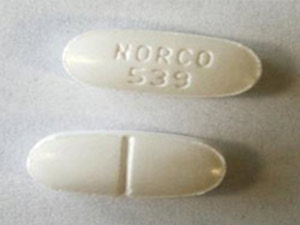
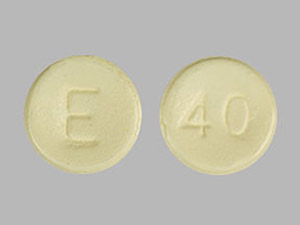
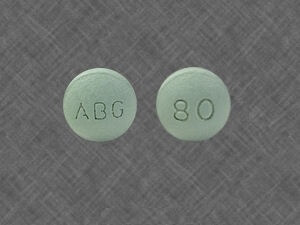
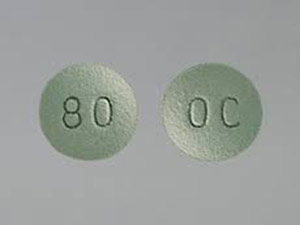
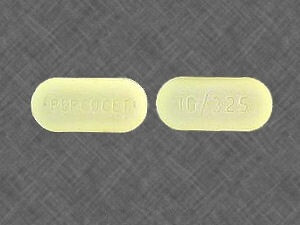
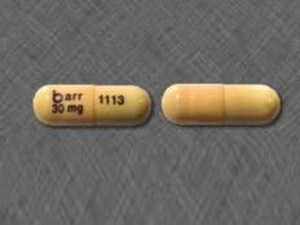
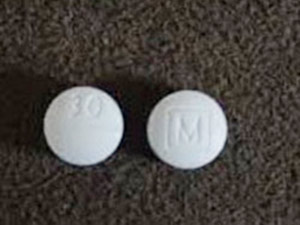
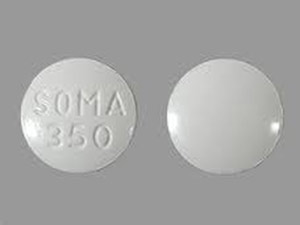
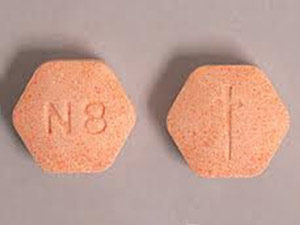
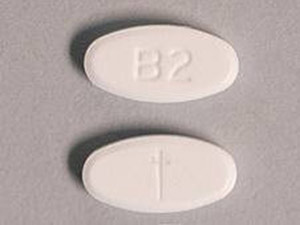
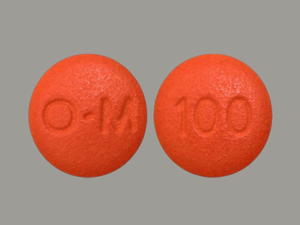
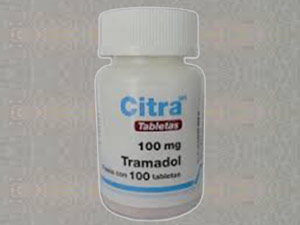
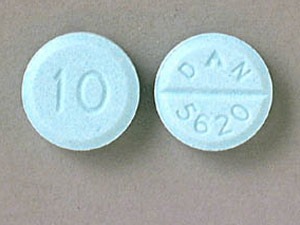
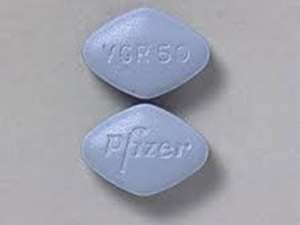
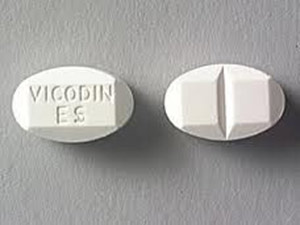
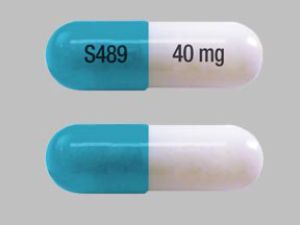
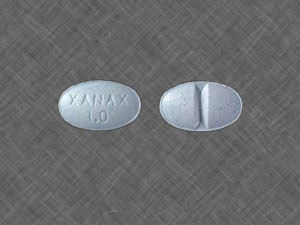
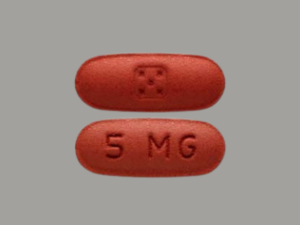
Great content! Keep up the good work!